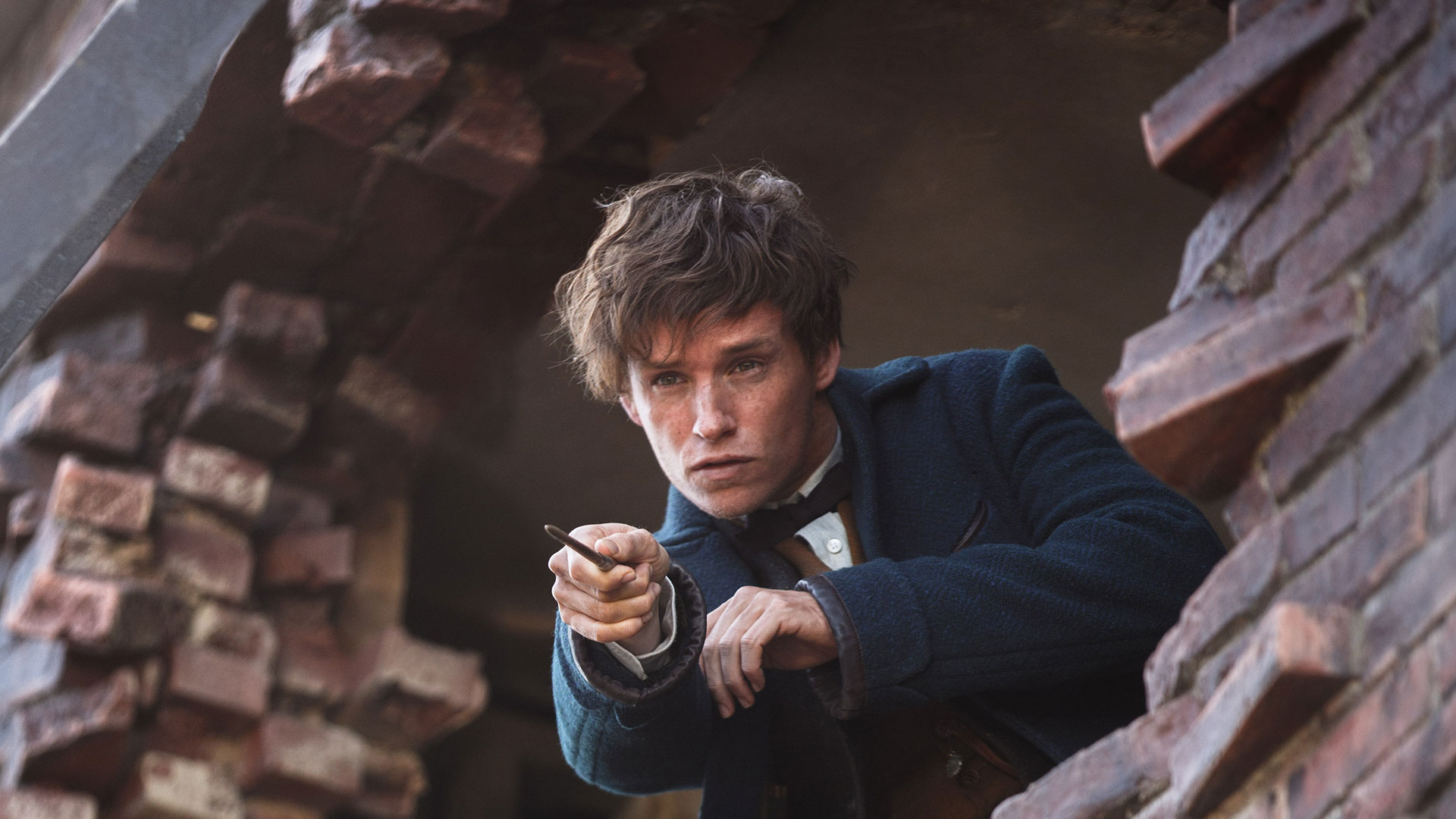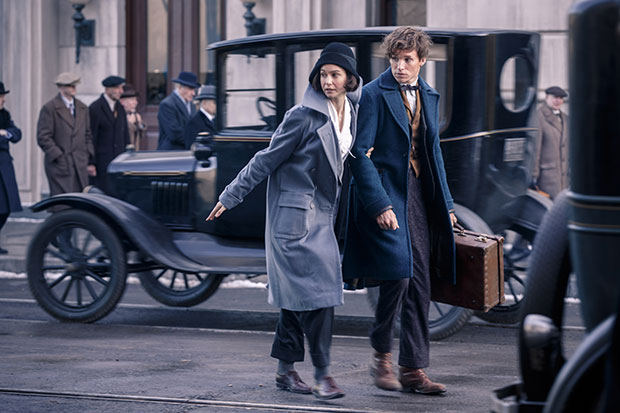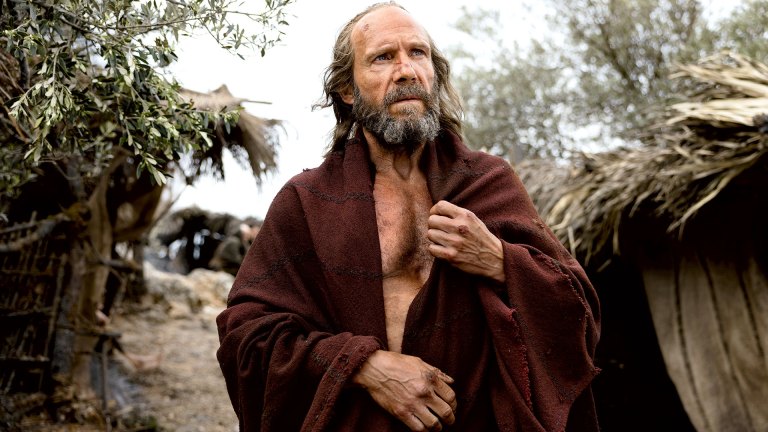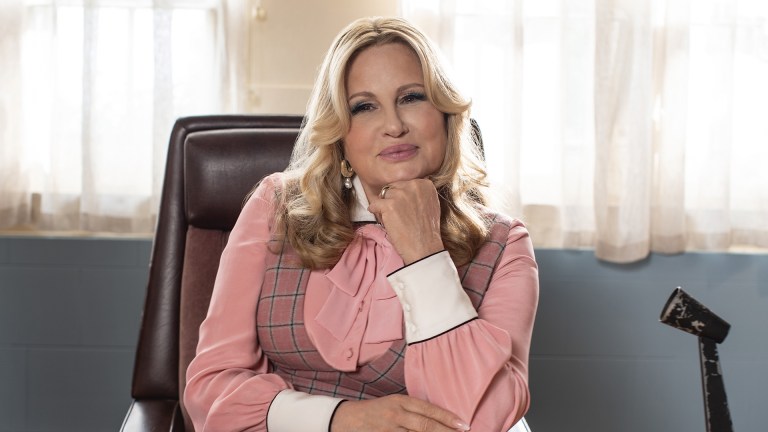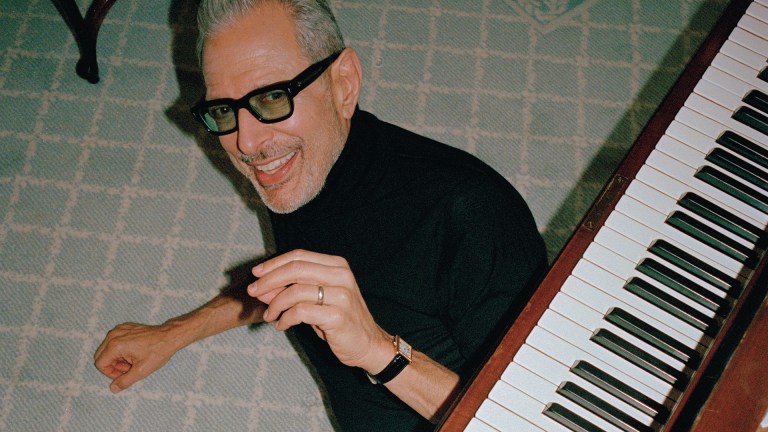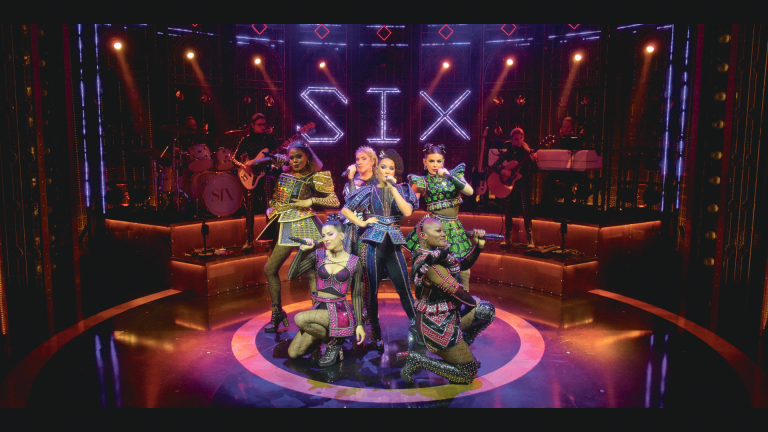It’s both incredibly satisfying for anyone that’s been a Potter fan and it’s incredibly fresh
While the countdown began with a huge global fan event last month, broadcast in Imax theatres from Sao Paolo to Rome, there’s a sense this new entry into the Potter-verse might cast its net even wider.
“Those first movies were seen as kids’ movies, so you now have all the kids that grew up with it,” remarks actor Dan Fogler (above). “It’s in their blood, they learned to read on it. Now their kids, they want them to come see it – and then you have all the people who weren’t huge fans of Harry Potter.” Even those who dismissed Harry Potter as just for kids, says the 40-year-old Fogler, will be drawn to Fantastic Beasts, with its leading characters all adults.
“That’s a lot of people coming to see this movie!” he quips. With a different setting (New York) and a different time period, it’s hard to deny Rowling and co are cooking up something fresh in the Potter cauldron, as Fogler’s would-be baker Jacob Kowalski inadvertently lets some of Newt’s beasts free in the Big Apple, causing havoc.
Grander even in scale than the eight Potter films, Fantastic Beasts required New York in the 1920s – or a portion of it – to be rebuilt at Leavesden, the Hertfordshire-based studios where all the Potter films were shot. “It was huge,” says Fogler. “You had the cobblestones, the horses clacking along, the Model Ts, everyone is meticulously dressed… it’s like you were in a time machine. Nothing plastic about it. You open up the restaurant door, there’s a restaurant in there.”
Then there’s the added variety of a fresh cast. Veterans like Jon Voight and Ron Perlman jostle for screen time with the likes of Colin Farrell and Samantha Morton. Meanwhile, rising stars Alison Sudol (Transparent) and Katherine Waterston (Inherent Vice) play the Goldstein sisters – respectively, the free-spirited Queenie and down-to-earth witch Tina – who join Newt and Jacob on their adventures.
Advertising helps fund Big Issue’s mission to end poverty
More intriguing still is the film’s political subtext. Set on the eve of the Great Depression, Fantastic Beasts deals with issues of inequality and xenophobia – not least with magic driven underground amid hunts akin to the Salem Witch trials. “There is darkness to this film,” says Redmayne. “There’s brutality to it. The themes of repression and segregation and what happens when you are forced to oppress things… I found really moving.”
The themes of repression and segregation… I found really moving
Yet there are other reasons why Rowling’s world endures, says Fogler, referencing mythologist Joseph Campbell, whose hugely influential book The Hero With a Thousand Faces inspired, among many other things, George Lucas’ Star Wars. “It’s mythical, archetypical characters. You look at Eddie and me… we fit into the classic hero, the hero’s journey – Newt Scamander is Luke Skywalker; I’m Han Solo! Which is why I think it speaks to everybody because it speaks to our DNA.”
If comparing Newt and Jacob to Lucas’ heroes might be a little dangerous, it shows the confidence Fogler and co have in the end product. But while many will be delighted that the Potter-verse is set for a whole new set of adventures, are Warners and Rowling in danger of milking the franchise? Rowling’s recent surprise announcement that there will be five Fantastic Beasts films (she’s already finished the script for the second) seems a little premature.
The author has already promised that future films will focus on the big link between Harry Potter and Fantastic Beasts: Albus Dumbledore. The Hogwarts headmaster, who took Harry under his wing, will be featured as a younger man, and be seen alongside his nemesis, the dark wizard Gellert Grindelwald. But is this all part of Rowling’s creative masterplan or simply a way to squeeze out more films until the Potter well runs dry? How much more conjuring can us Muggles take?
Redmayne admits he was cautious about approaching what is the first franchise of his career. “I’ve got friends who’ve done franchises and some of them can’t wait to do the next one and others are like, ‘Shoot my face!’” he laughs. “What was really important to me was that this stand-alone film is an exciting thing. What was interesting to me is, as a piece just on its own, it doesn’t feel like…” He pauses for a second, lost in his words. “It absolutely has a proper ending.”
He points to the quality of the books and the resulting Potter films, which – rarely for a franchise spanning eight movies – never dipped. Same goes for the Fantastic Beasts screenplay. “This script was pretty much the most fully formed script I’d ever read. And yet [Rowling] wants you to keep pushing it and keep trying ideas.” The author, it seems, is forever tinkering with her creations. “JK comes out with new things constantly that we didn’t know about our characters,” says Ejogo.
Advertising helps fund Big Issue’s mission to end poverty
Despite having Rowling on hand, Redmayne admits there is pressure being the newly installed lead in one of the world’s most popular creations. “It is in the sense that you don’t want to let everyone down. But at the same point… every job you do, you find a reason to be very nervous!” As Rowling’s Potter-verse starts out on a whole new cycle of adventures, you have to wonder: will it ever end? “I hope not,” says Fogler. “It’s really good, isn’t it?”
Fantastic Beasts and Where to Find Them is in cinemas now
@JamesMottram
